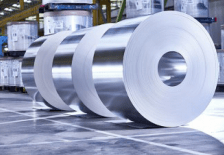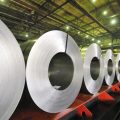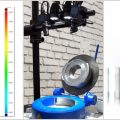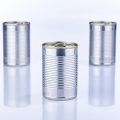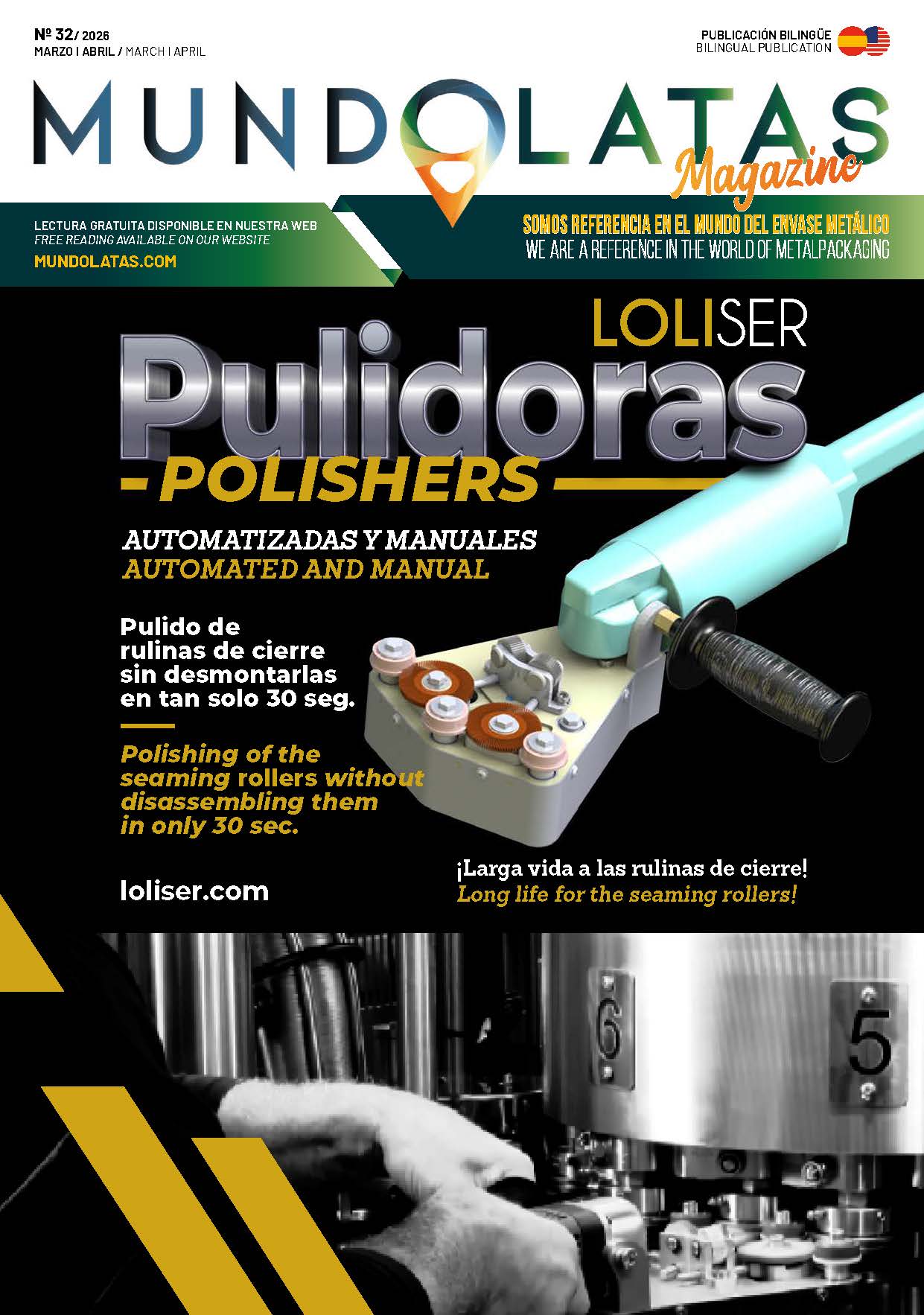Thyssenkrupp Rasselstein opts for chrome-free coatings
A great achievement has been reached in the tinplate manufacturing process.
Thyssenkrupp Rasselstein has introduced the Rasselstein CFPA (Chromium-Free Passivation Alternative) system, a 100% chrome-free passivation layer applied to the surface of tinplate that minimizes rust formation during storage. This was announced by the German producer of steel for top quality and precision packaging, in a press release.
“This novel product is a titanium-based alternative passivation film suitable for all types of tinplate applications, which effectively minimizes rust formation during storage, thus offering the same functionality as chrome-based passivation.”
The creation of new chrome-free coating alternatives is a consequence of Regulation (EC) No 1907/2006 which regulates the use of chemicals throughout the EU. This legal text states that chromium compounds used in the manufacture of tinplate passivation layers (a protective layer on metallic material that prevents or slows down the oxidation of the material) may only be used for a limited time.
For container steel manufacturers, this means that after this time they will no longer be able to obtain chrome passivated tinplate made in the EU. The CFPA complies with the regulations of the European Union and the FDA (Food and Drugs Administration), the North American institution in charge of overseeing public health in relation to medicines, food and their processes and packaging. “It is approved for use with both coated and uncoated tinplate for direct food contact.”
Currently, the company mentions, the European standard EN 10202 is being revised to include CFPA as the new European standard passivation layer.
EVIDENCE CONFIRMING THE EFFICACY OF CFPA
The results seem to be very effective. “Rasselstein® CFPA effectively minimizes tin oxide growth during storage, which provides the same functionality as chrome-based passivation. It gives the tinplate high quality surface properties, such as a shiny appearance, best lacquer adhesion, excellent wettability and very good direct printability.
Tests by the Italian food research institute, SSICA (Stazione Sperimentale Per L’Industria Conserve Alimentari) confirm this. “Rasselstein® CFPA is fully suitable for canning food”.
In order to test the resistance with various food products, storage tests of up to several years were carried out in addition to the laboratory tests. Extensive testing has confirmed that there are coating systems suitable for today’s applications. “Rasselstein CFPA’ combines particularly well with modern BPA-NI coatings,” explains Dr. Martin Schlupp, Head of Surface Technology and Chemistry at Thyssenkrupp Andernach.
“CPFA has a higher surface tension than chromium-based passivation layers, which gives it better wettability,” he adds.
CUSTOMERS’ TRANSITION TO CHROME-FREE PASSIVATED TIN PLATE
As part of the “gradual and irreversible conversion of our tin plating lines from 2019, the market availability of chrome-free passivated tinplate is steadily increasing”.
The German company advises that its customers should now “consciously set a date from which they will supply chrome-free passivated material. Most coating systems will work with these materials without any changes. In certain cases adjustments will have to be made to the epoxy systems used, but if a new BPA-NI coating were to be launched today, the systems would also have to be adapted, as is the case with the use of tinplate with the innovative CFPA surface. So it is not ‘uncharted territory’, the German company points out” When making the transition to rasselstein® CFPA, Thyssenkrupp Andernach customers can count on the support of the Technical Customer Service to advise them on any issues.
In addition, “Thyssenkrupp Rasselstein’s network of lacquer suppliers, container steel manufacturers, container manufacturers and fillers ensures that the conversion to tinplate with chrome-free passivation runs as smoothly as possible”.

